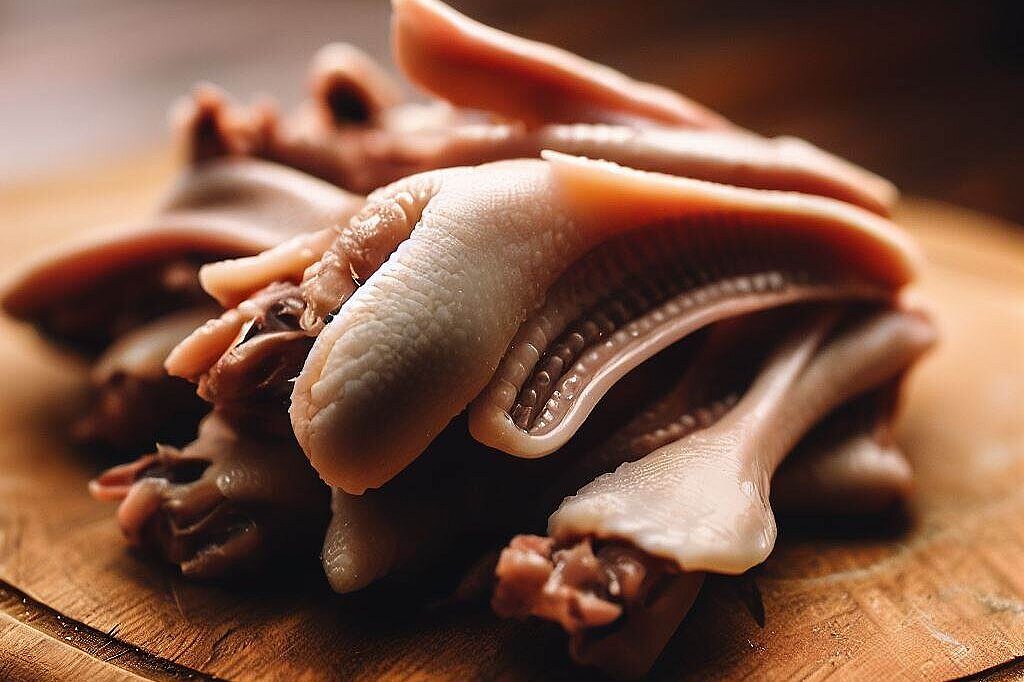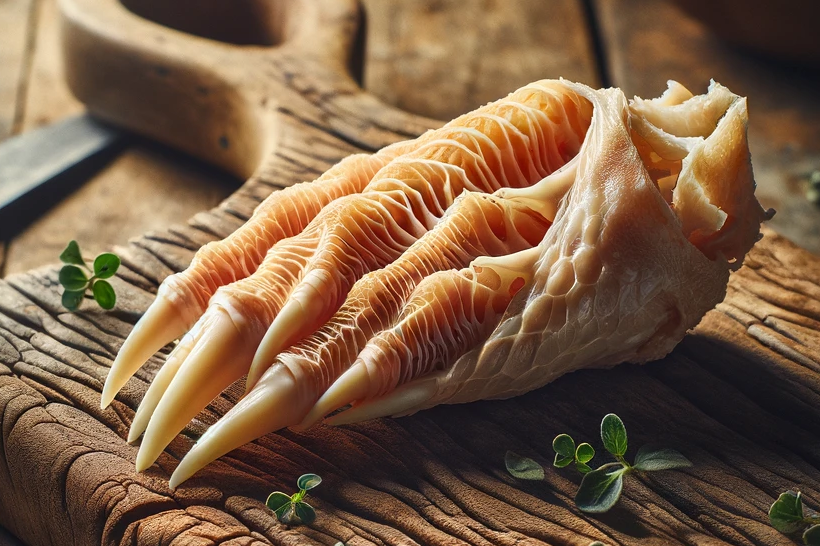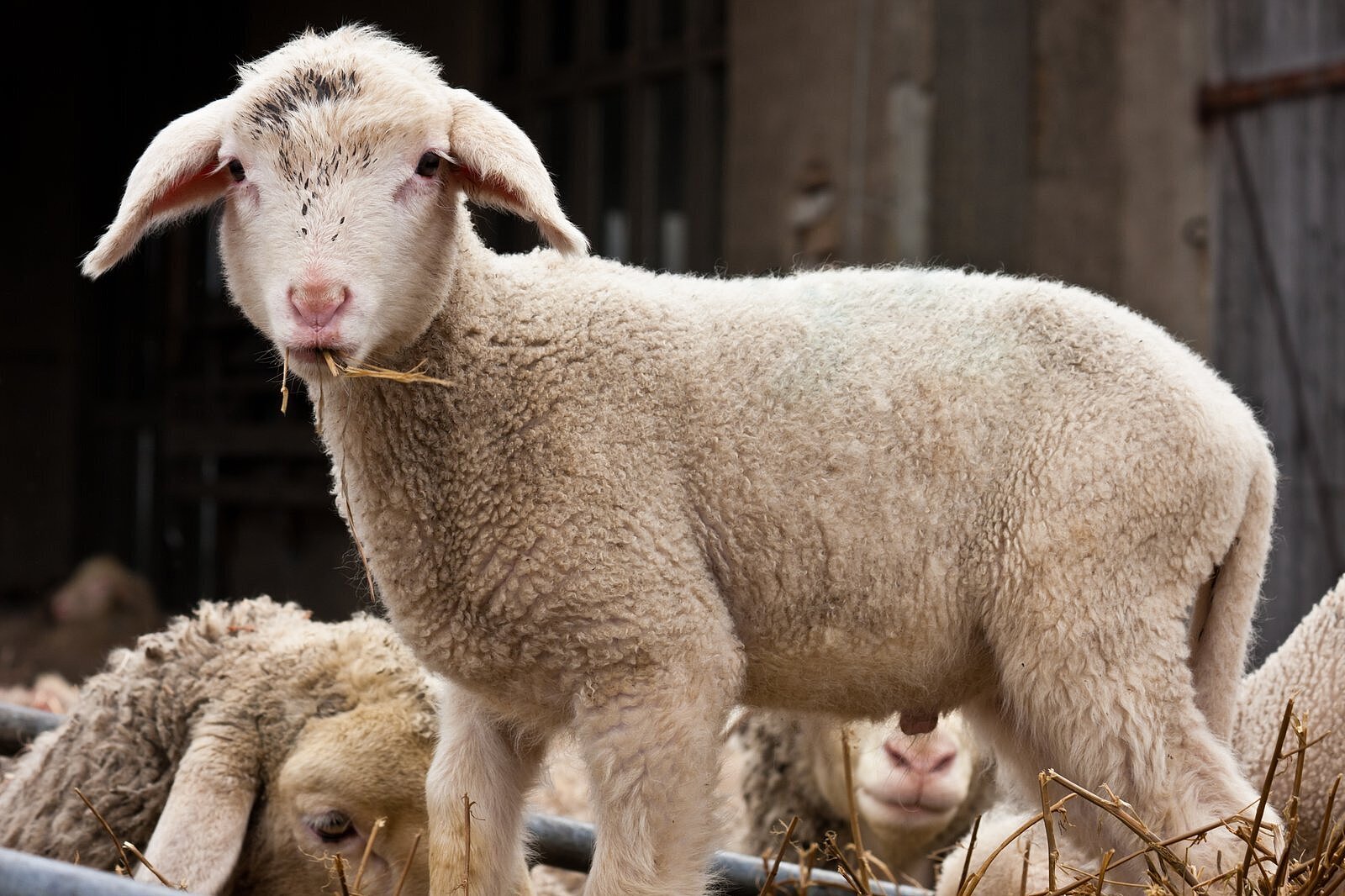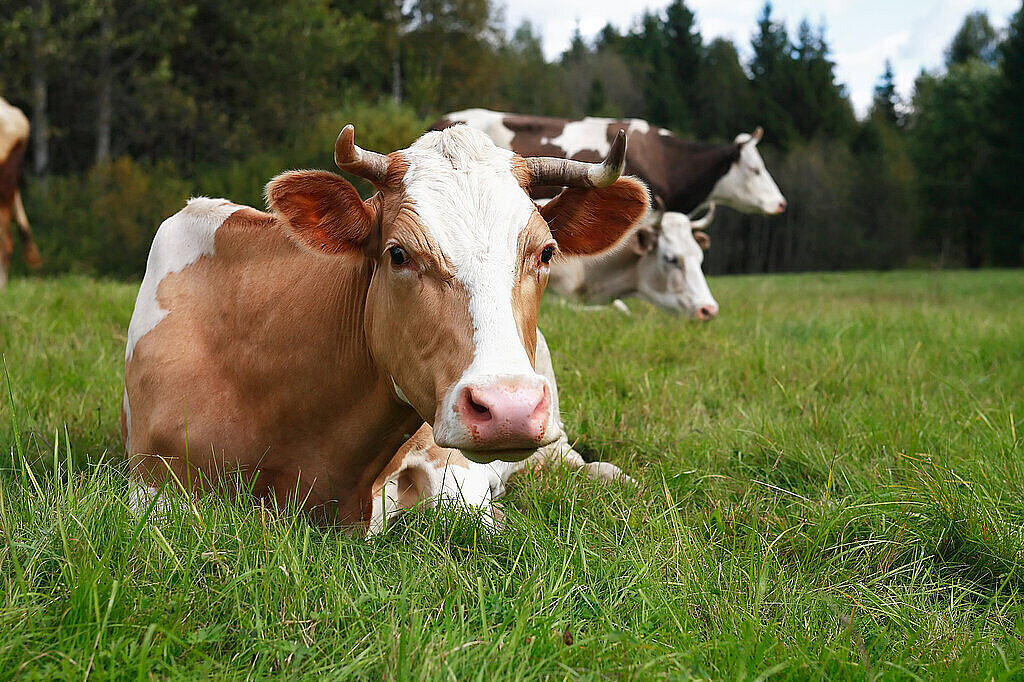Cartilage
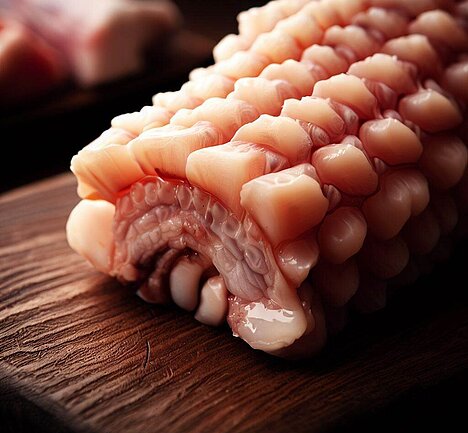
Why is cartilage important for dogs?
Cartilage is found primarily in the joints of dogs, where it provides a smooth surface for movement. Without cartilage, bones would rub directly against each other, leading to pain, inflammation and wear and tear. Cartilage therefore protects the joints from wear and tear and enables flexible and smooth movement.
However, cartilage is not only important in the joints, but also in other parts of the dog's body. For example, cartilage forms the skeleton of the ears and nose, where it provides shape and stability. Cartilage is also involved in the formation of the trachea, bronchi and larynx, where it is important for breathing.
How can you support cartilage in dogs?
Unfortunately, cartilage is not very regenerative, as it has little blood supply. This means that it regenerates slowly and is difficult to heal in the event of injury or wear and tear. It is therefore important to protect and support dogs' cartilage in order to prevent or alleviate joint problems such as osteoarthritis.
There are various ways in which you can support your dog's cartilage:
- A balanced diet with high-quality protein, omega-3 fatty acids and vitamins is important for the formation and maintenance of cartilage. You can also give your dog natural food supplements such as green-lipped mussel, devil's claw or collagen, which have anti-inflammatory and cartilage-protective properties.
- Adequate exercise of moderate intensity and duration is good for blood circulation and cartilage supply. However, you should avoid overloading and abrupt movements that can damage the cartilage. Swimming, walking or physiotherapy are suitable activities for dogs with joint problems.
- A healthy weight is also important for the cartilage, as excess weight puts additional strain on the joints and accelerates wear and tear. You should therefore make sure that your dog does not eat too much and is weighed regularly.
- Giving your dog bones or cartilage as a treat or as part of their diet can also support their cartilage. Bones or cartilage contain calcium and other minerals that are important for skeletal development. They also encourage your dog to chew and clean its teeth. However, you should make sure that you only give your dog raw or cooked bones or cartilage that cannot splinter or be swallowed.
Cartilage is an important part of a dog's musculoskeletal system, providing low-friction and shock-absorbing function. To protect and support the cartilage, you should pay attention to a balanced diet, appropriate exercise, a healthy weight and the administration of bone or cartilage supplements. This will help prevent or alleviate joint problems such as osteoarthritis and improve your dog's quality of life.
If you notice any signs of hypersensitivity or poisoning in your dog, you should see your vet immediately. We are not a substitute for a vet, but we try to be as accurate as possible. Every dog reacts differently and we recommend you get a second opinion or consult your vet if in doubt.
Stay healthy and take good care of your four-legged friend!😊
Similar to Cartilage
Duck cartilage is the connective tissue that binds the bones of ducks together. It consists mainly of collagen, a protein responsible for the elasticity and strength of skin, hair, nails and joints....
Chicken cartilage is, as the name suggests, the cartilage from chickens, which is often a by-product of meat processing. Unlike bone, cartilage is softer and contains a variety of substances that...
Lamb cartilage is the connective tissue that surrounds the bones of lambs. It consists mainly of collagen, a protein responsible for the elasticity and strength of the skin, joints and tendons. Lamb...
Bovine cartilage is the connective tissue between the bones of cattle, which consists of collagen, proteins and water. It is very tough and elastic and has a high content of glucosamine and...
